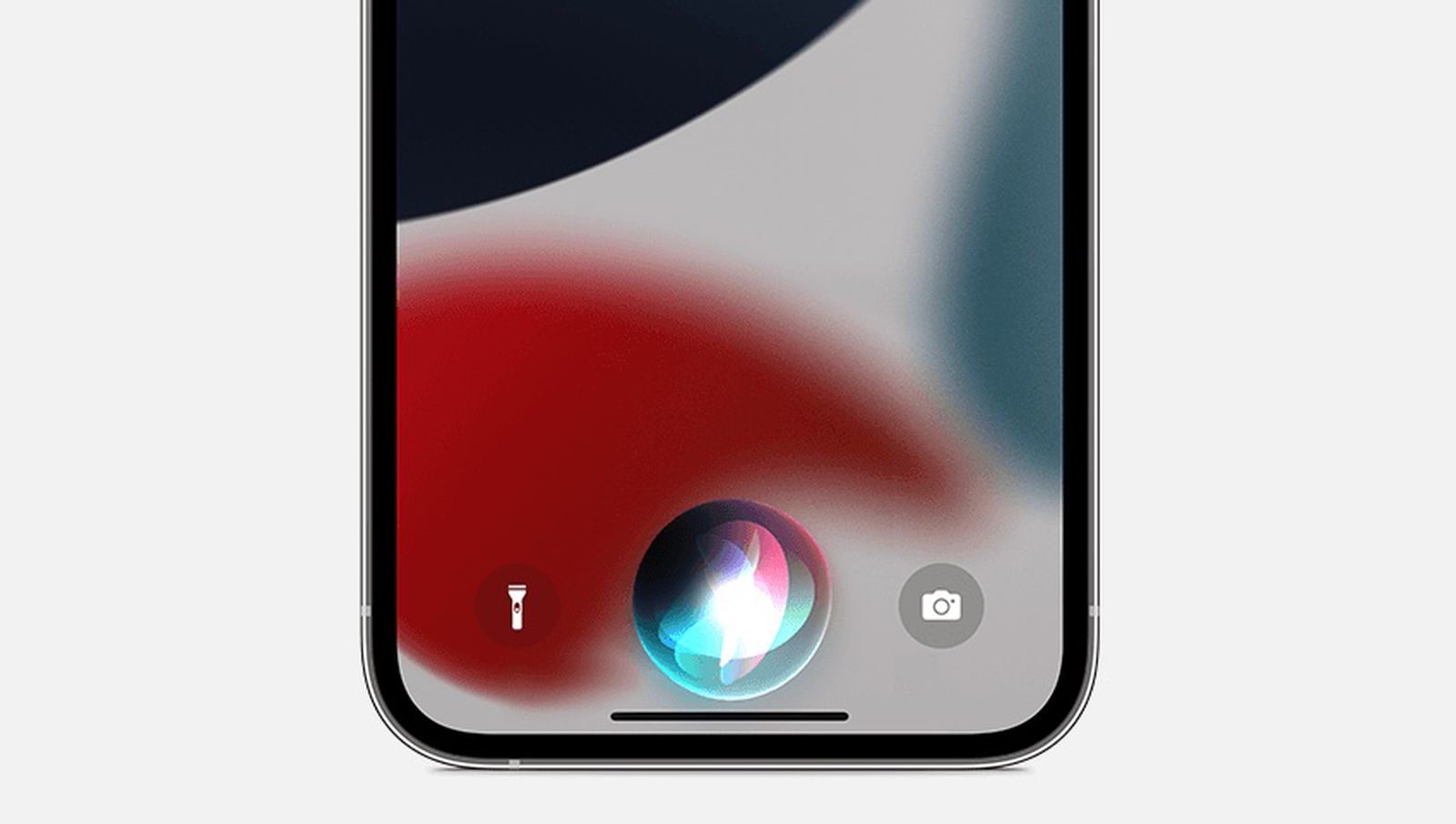
Apple Airtags Are Being Used by the U.S. Drug Enforcement Agency

When the U.S. Drug Enforcement Agency (DEA) was called in by border agents in May of last year to inspect some packages they suspected could have been on their way to an illegal narcotics manufacturer, federal agents snuck an Apple AirTag into the shipment to track it — reports Forbes.
The packages originated from Shanghai, China, and contained a pill press, which is a tool used to compress powders into tablets, and some pill dyes.
In what appears to be a first for the federal agency, DEA agents inspected the parcels and chose to hide an AirTag in them instead of visiting the intended recipient, cancelling the shipment altogether, or sticking a conventional GPS tracker into it. They then sent the shipment on its way to its destination somewhere in Massachusetts.
AirTags are tiny devices (only slightly larger than a Toonie in diameter) from Apple that are designed to help users keep track of their belongings by leveraging the company’s Find My network, which comprises more than one billion devices globally. They can be had for $39 a pop or as low as $32.25 when buying a pack of four.
While Apple intended for AirTags to be used to keep track of items like your car keys, users have found plenty of unintended functions for the little devices. Some have used AirTags to hold airlines accountable for missing luggage, while others have been able to recover their stolen cars thanks to the tiny trackers. They were even used by Reuters reporters to uncover a shoe recycling sham.
The DEA didn’t say why it opted to use an AirTag over traditional GPS trackers. That said, it’s not surprising that the agency opted to use an unconventional tracking device given how quickly bad actors are wising up to and counteracting them.
In the DEA search warrant, an agent simply noted that “precise location information for the [pill press] will allow investigators to obtain evidence about where such individuals store drugs and/or drug proceeds, where they obtain controlled substances, and where else they distribute them.”
It’s unclear how successful the DEA’s AirTag-powered investigation was in uncovering criminal activity, or if the DEA plans to continue using AirTags in future investigations.
While users have discovered many potential applications for AirTags, some bad actors have also used them for malicious activities like stalking people.
That being the case, Apple has built several mitigations into AirTags that could make the device harder for law enforcement to use as a surveillance tool. These remedies include notifying nearby Apple device users of a stray AirTag in their vicinity when its owner hasn’t been around for a while, and also allowing them to prompt the unknown AirTag to make a loud beeping noise.

